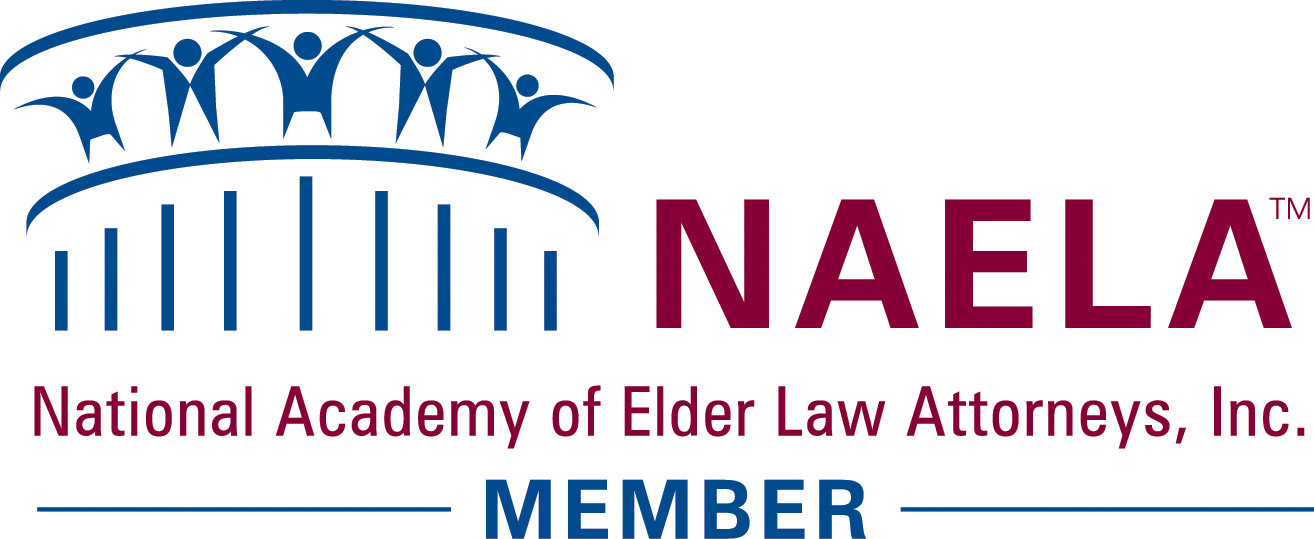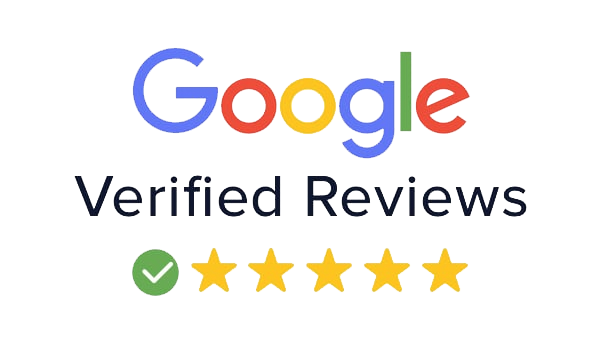Frequently Asked Questions
-
Probate is the court and process that looks after people who cannot make their own personal, health care and financial decisions. These people fall into three general categories: Minor Children (under age 18 in most states); Incapacitated Adults; and People who have died without legal arrangements to avoid probate. Probate proceedings can be expensive and time-consuming. Additionally, the court proceeding and associated documents are all a matter of public record. Many people choose to avoid probate in order to save money, spare their heirs a legal hassle, and keep their personal affairs private.
-
The document a person signs to provide for the orderly disposition of assets after death. Wills do not avoid probate. Wills have no legal authority until the willmaker dies and the original will is delivered to the Probate Court. Still, everyone with minor children needs a will. It is the only way to appoint the new “parent” of an orphaned child. Special testamentary trust provisions in a will can provide for the management and distribution of assets for your heirs. Additionally, assets can be arranged and coordinated with provisions of the testamentary trusts to avoid death taxes.
-
Sometimes called an Advance Medical Directive, a living will allows you to state your wishes in advance regarding what types of medical life support measures you prefer to have, or have withheld/withdrawn if you are in a terminal condition (without reasonable hope of recovery) and cannot express your wishes yourself. Oftentimes a living will is executed along with a Durable Power of Attorney for Health care, which gives someone legal authority to make your health care decisions when you are unable to do so yourself.
-
If you die without even a Will (intestate), the legislature of your state has already determined who will inherit your assets and when they will inherit them. You may not agree with their plan, but roughly 70 percent of Americans currently use it.
-
This is an agreement with three parties: the Trust-makers, the Trustees (or Trust Managers), and the Trust Beneficiaries. For example, a husband and wife may name themselves all three parties to create their trust, manage all the assets transferred to the trust, and have full use and enjoyment of all the trust assets as beneficiaries. Further “back-up” managers can step in under the terms of the trust to manage the assets should the couple become incapacitated or die. Special provisions in the trust also control the management and distribution of assets to heirs in the event of the trustmaker’s death. With proper planning, the couple also can avoid or eliminate death taxes on their estate. The Revocable Living Trust may allow them to accomplish all this outside of any court proceeding.
-
Whether you are young or old, rich or poor, married or single, if you own titled assets such as a house and want your loved ones to avoid court interference at your death or incapacity, consider a revocable living trust. A trust allows you to bring all of your assets together under one plan.
-
You may avoid probate on the transfer of some assets at your death through the use of beneficiary designations. Laws regarding what assets may be transferred without probate (non-probate transfer laws) vary from state to state. Some common examples include life insurance death benefits and bank accounts.
-
These allow you to appoint someone you know and trust to make your personal health care and financial decisions even when you cannot. If you are incapacitated without these legal documents, then you and your family will be involved in a probate proceeding known as a guardianship and conservatorship. This is the court proceeding where a judge determines who should make these decisions for you under the ongoing supervision of the court.
-
This is the most common form of asset ownership between spouses. Joint tenancy (or TBE) has the advantage of avoiding probate at the death of the first spouse. However, the surviving spouse should not add the names of other relatives to their assets. Doing so may subject their assets to loss through the debts, bankruptcies, divorces and/or lawsuits of any additional joint tenants. Joint tenancy planning also may result in unnecessary death taxes on the estate of a married couple.
Memberships & Associations





How can we help you?
We know it’s important for you to find the right attorney when you’re worried about protecting your money and preserving your estate.
That’s why we offer a free phone consultation to help answer your questions and understand your options.


